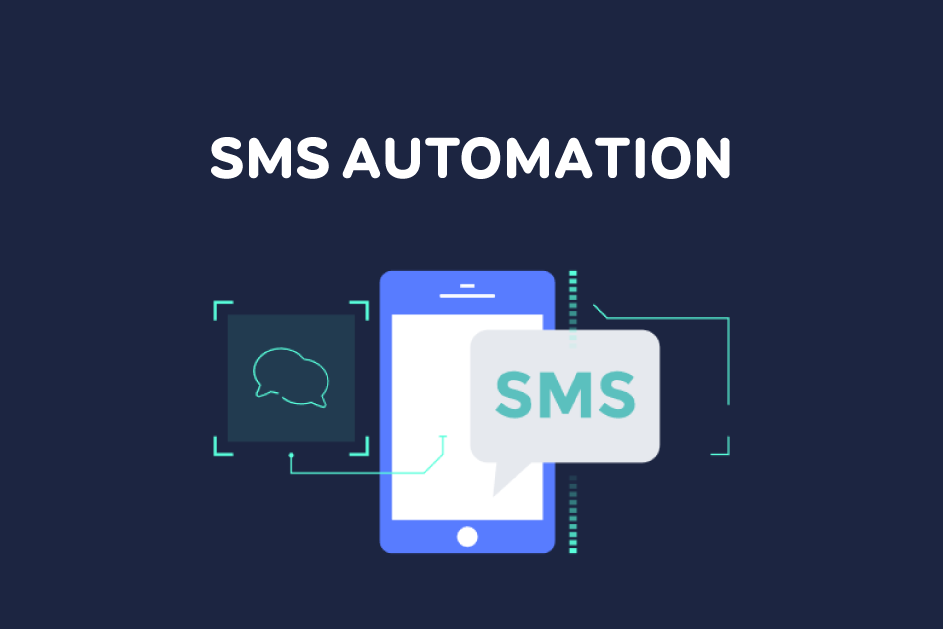Automating Your Business with SMS Scheduling 2024
Automating your business with SMS scheduling can streamline operations, improve customer engagement, and enhance communication efficiency. Here’s a guide on how to implement SMS scheduling for your business:
Table of Contents

Benefits of SMS Scheduling
- Timely Communication: Send reminders, updates, and promotional messages at the optimal time.
- Improved Engagement: Reach customers directly on their mobile devices, increasing the likelihood of interaction.
- Efficiency: Automate repetitive tasks, freeing up time for more critical activities.
- Personalization: Tailor messages based on customer preferences and behaviors.
Automation Strategies
- Trigger-Based Messaging: Automate messages based on customer actions (e.g., a follow-up SMS after a purchase or registration).
- Recurring Messages: Schedule messages for recurring events, such as monthly reminders or regular updates.
- Drip Campaigns: Create a series of messages to be sent over time, guiding customers through a journey or nurturing leads.
Steps to Implement SMS Scheduling
Choose the Right SMS Platform:
- Look for features like bulk messaging, scheduling, personalized messages, and analytics.
- Businesses and organizations looking for a cost-effective bulk messaging solution.
Segment Your Audience:
- Divide your contacts into groups based on criteria like behavior, location, and preferences to send targeted messages.
Create Compelling Content:
- Keep messages concise, clear, and actionable services.
- Use personalized greetings and relevant information to increase engagement.
Schedule Messages:
- Determine the optimal times for sending messages to maximize open rates and responses.
- Use your SMS platform’s scheduling feature to automate message delivery.
Monitor and Analyze Performance:
- Track metrics like delivery rates, open rates, click-through rates, and conversion rates.
- Use this data to refine your messaging strategy and improve future campaigns.
Best Practices for SMS Scheduling
- Consent: Ensure you have explicit consent from recipients to send SMS messages.
- Personalization: Personalize messages to make them more relevant and engaging.
- Frequency: Avoid sending too many messages to prevent annoyance and opt-outs.
- Compliance: Follow regulations and guidelines such as GDPR, TCPA, and CAN-SPAM Act.
Conclusion
Automating your business with SMS scheduling can significantly enhance your communication strategy. By choosing the right tools, segmenting your audience, and monitoring performance, you can create effective and engaging SMS campaigns that drive business growth.



Write a Comment